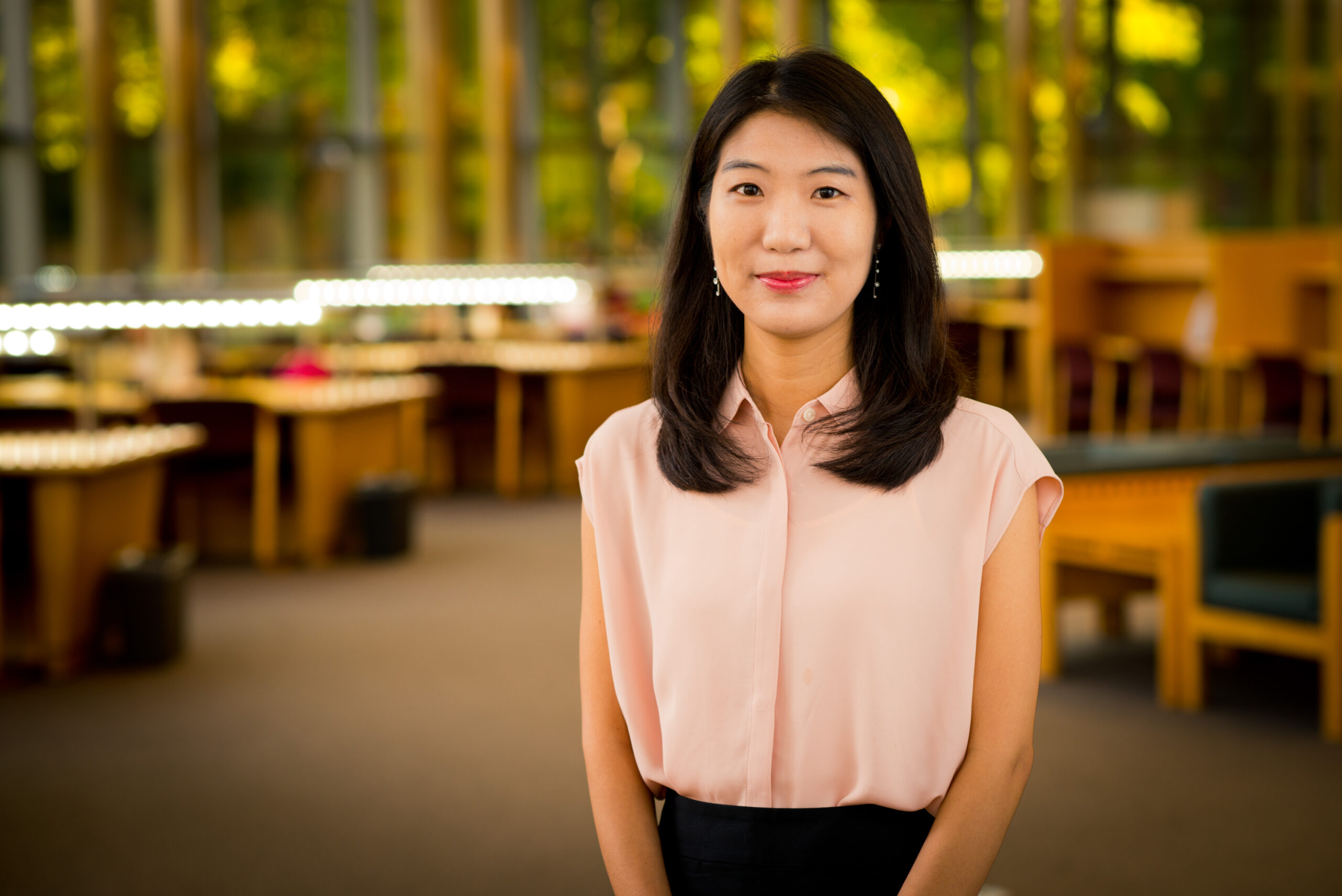UM-Flint Faculty Member Research Focuses on Spanking

"It happened to me but I turned out fine." When it comes to the act of spanking, this is a rational that some parents may find themselves making. Julie Ma, PhD, MSW, an Assistant Professor in the Department of Social Work, explores the relationship between spanking and other Adverse Childhood Experiences, and how these may contribute to future behavioral and mental health problems in children. Dr. Ma's past experiences working with CPS-involved parents has influenced her research goals, seeking to promote the well-being of marginalized children and to develop child maltreatment prevention and intervention approaches. Through funding from the UM-Flint Office of Research, Dr. Ma was able to develop parenting resources and offer parent education classes on positive discipline to parents of young children in the Flint community. Below, Dr. Ma speaks about her research, collaborative projects, and what she is doing to promote positive change in the Flint community.
Explain how you became interested in this topic as a research subject.
I became interested in this topic because prior literature has shown that exposure to Adverse Childhood Experiences (ACEs) and spanking are risk factors for children's behavioral and mental health problems. The American Academy of Pediatrics (AAP) recommends parents to avoid spanking and the Centers for Disease Control and Prevention indicates spanking as a risk factor for ACEs. However, ACEs and spanking is prevalent in early childhood. In this research study that was recently published in the Journal of Pediatrics, nearly 6 out of 10 (58%) children experienced at least one ACE at age 3 and 55% of children were spanked at age 3.
People sometimes rationalize spanking as "it happened to me and it worked," but why is that an unhealthy mindset according to your findings?
Most caregivers of young children would agree that ACEs are detrimental to children. However, many caregivers don't see spanking as a risk because "it happened to me but I turned out fine". This doesn't mean that spanking was beneficial in any way and no research evidence has shown that spanking promotes child wellbeing. In fact, a large literature has found that spanking elevates children's aggressive behavior and antisocial problems. Our findings extend the prior literature by demonstrating that ACEs and spanking play a similar role in the development of child behavior problems. We also demonstrated that spanking worsens child externalizing behavior problems regardless of the ACEs that children are exposed to.
What healthy approaches can parents use when they become frustrated with their children?
The American Academy of Pediatrics provides an online parenting resource on safe alternatives to physical punishment. These include verbal reasoning, redirecting the child, and selectively ignoring certain kinds of child behavior in a safe environment. Additionally, to prevent many child misbehaviors from happening in the first place, parents should communicate reasonable expectations to children based on an understanding of children's developmental processes.
How were you supported by UM-Flint/U-M during your research?
With the support of the UM-Flint Office of Research, I developed a parenting resource and offered parent education classes on positive discipline to parents of young children in the Flint community. My interactions with parents in the community helped me to better understand the challenges of parenting young children and the need for additional resources on child development, managing parenting stress, and building connections with other parents for support.
Finally, a bit of background about you, your work, and your experience as a faculty member at UM-Flint.
Since I joined the UM-Flint Social Work Department in 2016, I published 20 articles on the effects of parental physical punishment, neighborhood disadvantage, and adverse experiences on child behavior problems and child maltreatment using data from diverse populations. My research goals are to promote the well-being of marginalized children and to develop child maltreatment prevention and intervention approaches. These goals are informed by my past interactions with CPS-involved parents in a parent education program in Ypsilanti, Michigan. As a faculty in the Social Work Department, I have enjoyed teaching passionate students who are committed to becoming change agents of positive social change and frequently share the connections between my research findings and collaborative projects with community-based organizations in Flint to provide examples of evidence-based social work practice.
Related Posts
No related photos.
UM-Flint News
The Office of Marketing & Communications can be reached at [email protected].